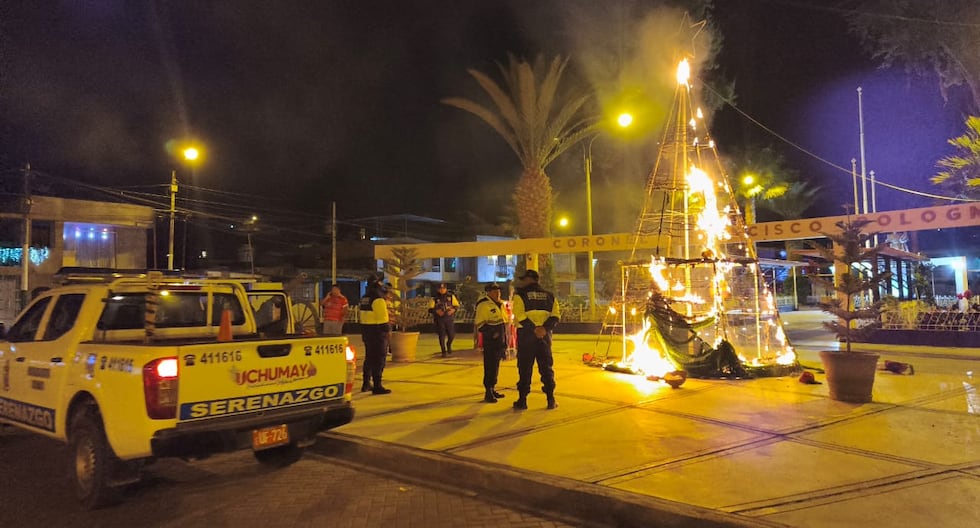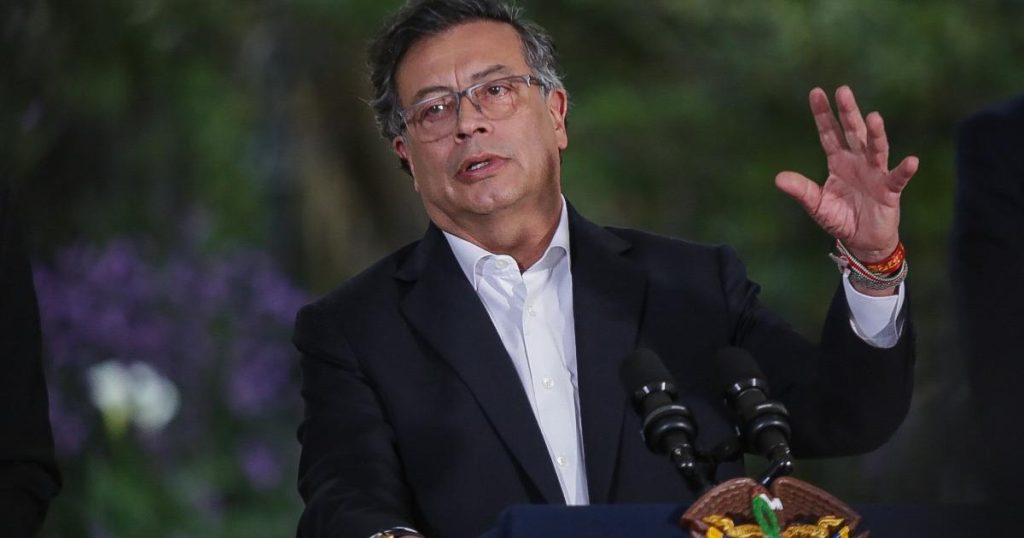Lilian Hernandez Osorio
La Jornada Newspaper
Tuesday, December 24, 2024, p. 7
Along with the judicial election for ministers, magistrates and federal judges, there are 16 entities in the country in which local judges will also be elected, since they are the ones that to date have approved a judicial reform for this process.
According to information from the National Electoral Institute (INE), as of December 18, half of the states have decided to have this election at the local level, of which six have already published in the Official Gazette of the Federation (DOF) its reform, while in four, their local congresses have already approved the amendment, but its publication is yet to be published.
Meanwhile, six entities have already presented their reform initiatives to the Federal Judicial Branch, but they have not yet been approved by their local congresses. However, there are 16 states that still do not have said reform, so they have until January 15 to inform the INE whether they will hold these local elections or only the federal ones.
The states with reform published in the DOF They are Tabasco, Durango, Tamaulipas, Michoacán, Tlaxcala and Campeche, although the latter will carry them out until 2027.
The entities where local congresses have already approved the reforms are Coahuila, San Luis Potosí, Aguascalientes and the state of Mexico, but they have not yet been published in the Official Gazette.
In Baja California, Sonora, Chihuahua, Hidalgo, Mexico City and Oaxaca, the initiatives were presented, but they have not yet been approved.
On the other hand, the 16 states that have not presented reforms are Baja California Sur, Sinaloa, Zacatecas, Jalisco, Nayarit, Colima, Guerrero, Guanajuato, Querétaro, Guerrero, Puebla, Morelos, Veracruz, Chiapas, Quintana Roo and Yucatán.
Oples Responsibility
In addition, the entities must notify the electoral body of the number of positions in their local judicial powers that will be renewed, so that the INE can organize state processes effectively, because the Public Local Electoral Bodies (Oples) have to work coordinated manner and thus ensure the material and operational viability of the elections.
Because they have only six months to organize this judicial electoral process, the institute pointed out that it is essential that the states notify in advance to avoid setbacks in the organization and execution of the elections. He stressed that prompt coordination is essential to meet the established deadlines and guarantee the transparency of the processes.














